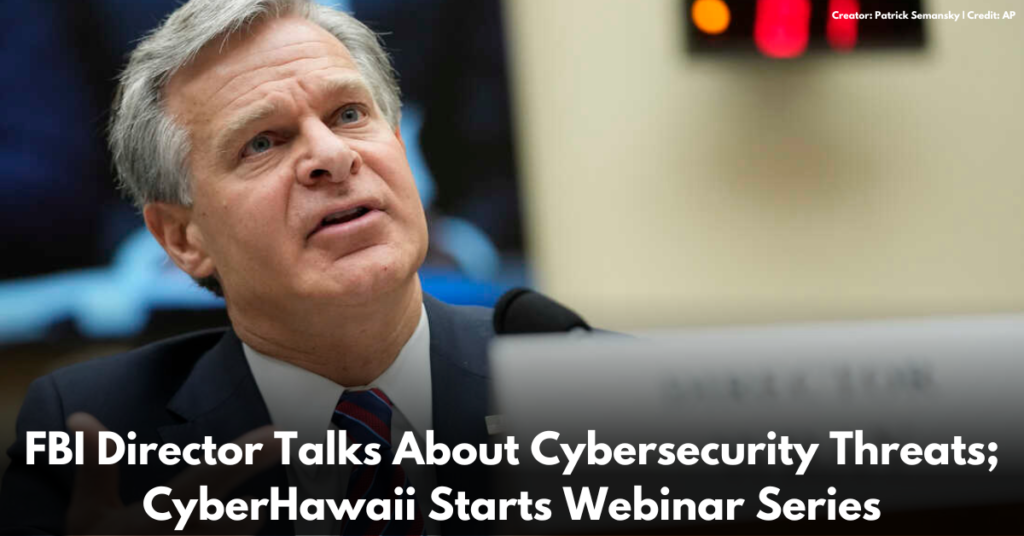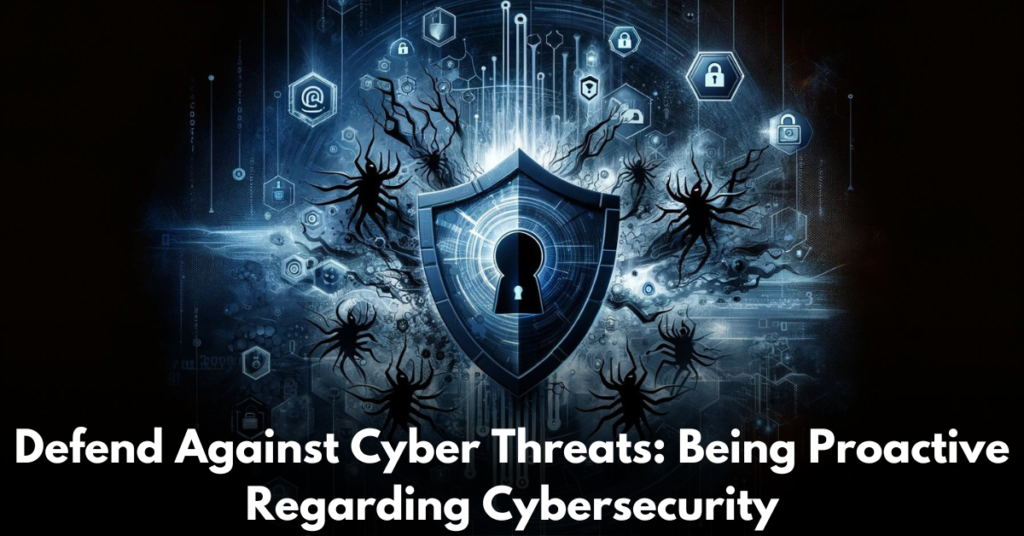Shockwaves were sent through the online community as a result of a recent security breach that was discovered in late February 2024. The breach exposed millions of two-factor authentication (2FA) codes, which raised serious concerns about the vulnerability of online accounts. This incident serves as a stark reminder of the ever-changing threat landscape and the critical need for individuals and organizations to prioritize robust cybersecurity practices. It is particularly important that these practices be prioritized.
Unveiling the Breach: A Database Left Exposed
The data that was exposed originated from an unsecured database that belonged to YX International, a technology company that is responsible for routing SMS messages for a variety of platforms. These platforms include social media giants such as Facebook, WhatsApp, which is owned by Google, and TikTok, which is a popular video-sharing platform. Anurag Sen, a security researcher who is well-known for his expertise in locating vulnerabilities, was the one who found the gaping hole in the security measures that YX International had already implemented. One-time passcodes (OTPs), which are utilized for two-factor authentication and password reset links, were the primary focus of the exposed database, which contained an alarming amount of sensitive information. This information included millions of text messages specifically.
Widespread Concerns and Potential Impact
Concerns have been raised regarding account takeover, trust erosion in SMS-based two-factor authentication, and the significance of user awareness and vigilance as a result of the breach that occurred at YX International. By exploiting two-factor authentication (2FA) codes that have been leaked, hackers could gain unauthorized access to online accounts, putting the sensitive data and personal information of users at risk. It is possible that this will result in monetary losses, theft of identity, and damage to one’s reputation. People no longer believe that SMS-based two-factor authentication is completely safe, which has led to discussions about other options. The leak also shows how important it is to educate and make people aware of how to protect their online accounts. People should know how to use 2FA correctly and be on the lookout for possible phishing attempts.
So no 2FA security codes via text?
“One-time passwords via SMS are a far safer option than relying on a password alone,” according to Jake Moore, the global cybersecurity advisor at ESET. “But when threats are now multi-layered themselves, accounts need the strongest multi-layer protection themselves to stay safe.”
Even better security is provided by passkeys, authenticator apps, and physical security keys. Moore goes on, “So, since setting up security is now easier than ever, anyone still relying on passwords or SMS 2FA codes might want to think again about their original choice.”
Users should not be too worried that 2FA codes were found in the incorrectly set up and unprotected database, but it is still important to learn from this. It only strengthens the case against using SMS when other options are available, since it shows how these text message codes can be broken. Moore concluded that “text messages use old technology, and it is good to stay up to date on the latest account protection. But when convenience and security are exactly equal, it really is a no-brainer to choose an option other than SMS.”
YX Leak: A Cybersecurity Wake-Up Call
The YX International leak is a very important wake-up call that people and businesses need to put strong cybersecurity first. By using strong authentication methods, staying alert, and putting in place comprehensive security measures, we can all make the internet a safer place and keep our valuable data safe from bad people. To stay ahead of new threats and make sure everyone has a safer digital future, people must also keep working to create and use even more secure authentication methods.



